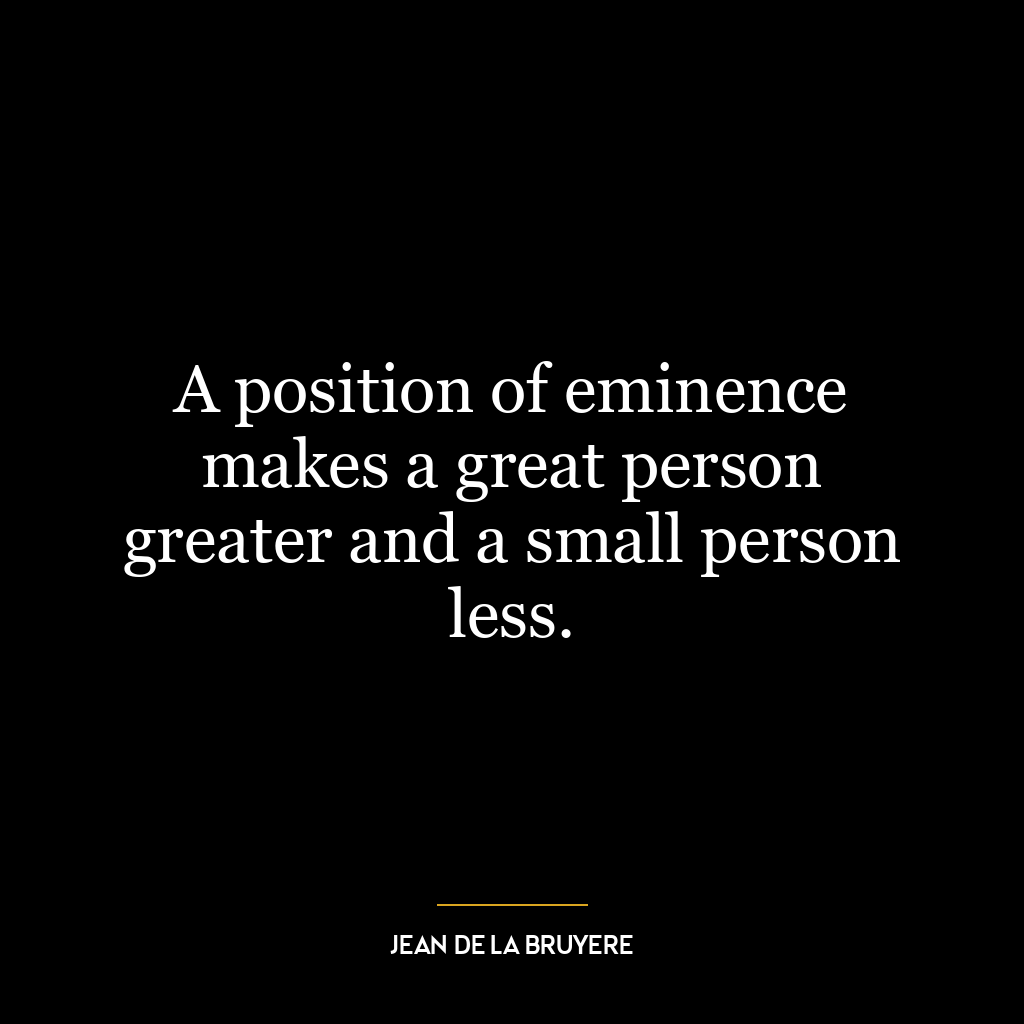This quote suggests that those in positions of power are the ones who truly understand how to bestow honor upon others. This is because they have the resources, the influence, and the understanding of societal structures to do so effectively. It is their “art” and their “domain for invention,” meaning that they have the ability to create new ways of honoring individuals and groups, and that this is a key aspect of their role in society.
The concept of honor in this context can be seen as a form of recognition or reward, and those in power are best positioned to give this due to their status. They have the capacity to create meaningful ways of giving honor, whether it’s through awards, titles, or other forms of recognition. This can be seen in a variety of settings, from the workplace to politics to the arts.
Applying this idea to today’s world, we can see that those in power often do have the ability to shape societal norms and values, including what is considered honorable. For example, in the corporate world, leaders have the ability to set the standards for what is valued and rewarded in their organizations. They can choose to honor innovation, hard work, loyalty, or other qualities, and they can create systems of recognition and reward that reflect these values.
In terms of personal development, this quote suggests that understanding how to give honor to others is a valuable skill that can help one gain influence and power. By recognizing and rewarding the qualities you value in others, you can help shape the culture of your workplace, community, or social circle. This can help you gain respect and influence, which can in turn lead to greater power.
However, the quote also implies a responsibility for those in power to use their ability to honor in a fair and just way. As we know, power can be abused, and the ability to give or withhold honor can be used to manipulate others. Therefore, those in power must be mindful of how they use this “art” and “domain for invention.









